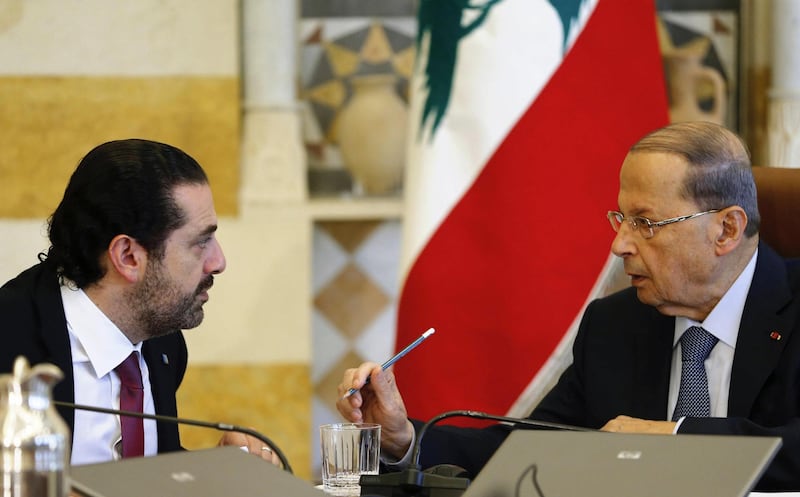The International Monetary Fund hopes Lebanon will soon form a new government, following elections two months ago, and set about urgent structural and fiscal reforms to tame its deficit and boost growth, its Middle East head told Reuters on Thursday.
"We are looking forward to seeing a new government," said Jihad Azour, the IMF's director of the Middle East and Central Asia.
"We consider that confidence and stability are to be achieved by accelerating the reforms, by pursuing fiscal adjustment and by reforming the key structures that are currently impeding the Lebanese economy from growing and increasing the burden on public finance," he said in an interview.
Lebanon has been suffering weak growth since 2011, hit by regional turmoil. The IMF has estimated growth rates of 1-1.5 per cent in 2017 and 2018, saying traditional drivers of the economy - construction and real estate - remain subdued.
_______________
Read more:
Lebanon's banking outlook rated stable on modest economic pickup and deposit inflows, Moody's says
IMF sees Lebanon's fiscal deficit widening in 2018
_______________
The IMF has also called for "an immediate and substantial" fiscal adjustment to improve the sustainability of public debt, which stood at more than 150 per cent of gross domestic product (GDP) at the end of 2017.
Leaders from across the divided political establishment have said they recognise the urgency of the situation and the need to start reforms, but a new unity government has yet to be agreed following parliamentary elections in early May.
In April, international donors meeting in Paris pledged more than $11 billion of investment for Lebanon, but they want to see reform first. At that meeting, Prime Minister Saad al-Hariri promised to reduce the budget deficit as a percentage of GDP by 5 per cent over five years.






